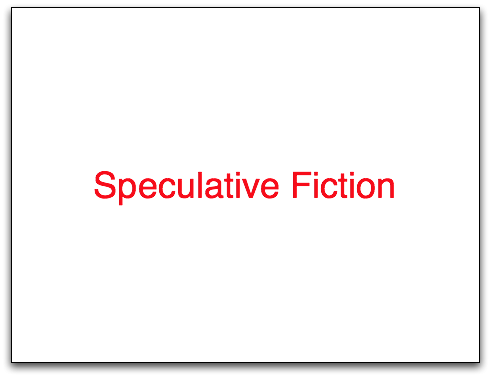
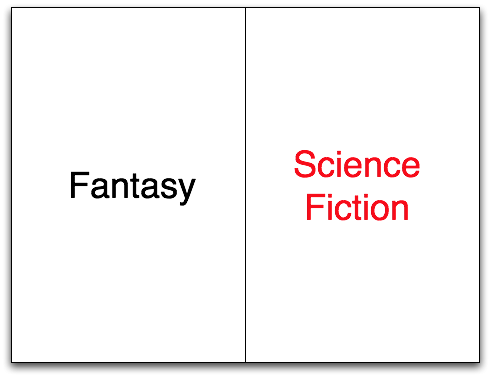

Future: a tense of verbs used when the action is to occur after the time of utterance
Perfect: denoting a tense of verbs used in describing a an action that has been completed by the subject (from Latin per = through and facere (to do)
Imperfect: denoting a tense of verbs used most commonly in describing continued or repeated past actions.
Ninety percent of science fiction is crud, but that's because ninety percent of everything is crud.
Firstly: what sort of S.F. are we looking at?


But these divisions are a little artificial: e.g.
"To see far off, and converse in thought with one another" said Gandalf.." each Palantir replied to each, but all those in in Gondor were ever open to the view of Osgiliath...But alone it could do nothing but see small images of things far off"
Lord of the Rings Tolkien
"To see far off, and amplify telepathic impulses" said Gandalf.." each sub-etheric radio communicated with each, but all those in in Gondor were in read-always mode with respect to Osgiliath...But as the quantum linkage failed, it could only work in a low-resolution mode"
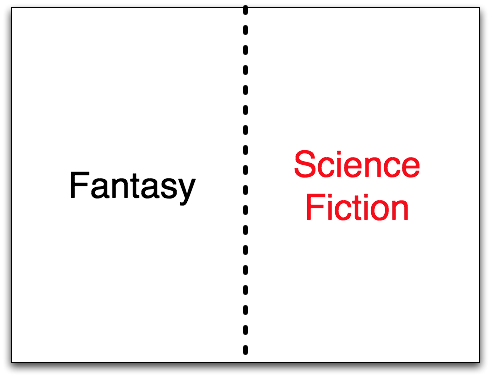
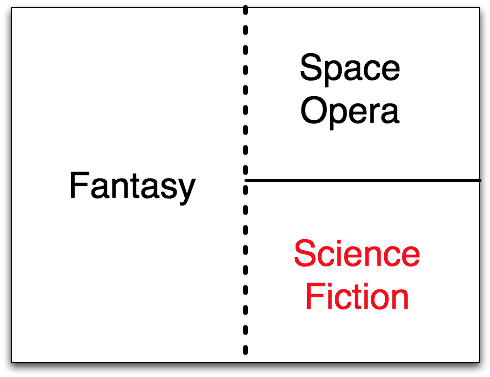
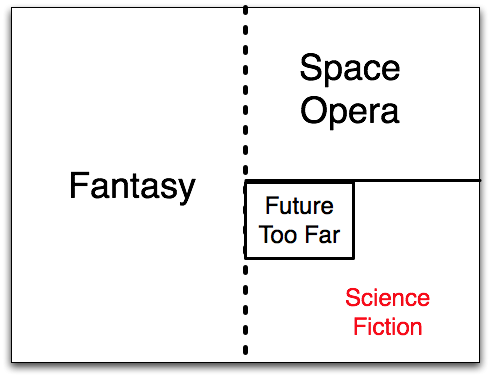
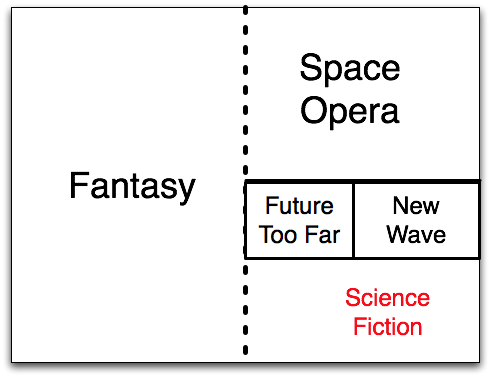
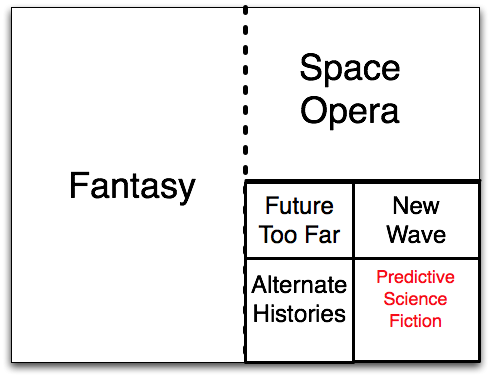
Prehistory7th c. BC, 1 cylinder seal, h. 3,9 cm, diam. 1,6 cm, with Enkidu, wearing a short kilt decorated with rosettes, hair and beard in curls, an axe in one hand, holding the tail of the Bull of Heaven in the other, the winged human-headed bull crouches down on its foreleg, in front Gilgamesh, wearing long fringed robe with rosettes, a double horned headdress, long curled hair and beard, holding one of the bull's horns while plunging his sword into its neck." Weblink: Schoyen Collection. |
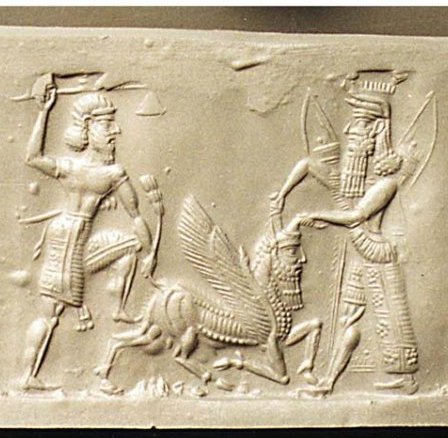 |
| Gilgamesh (????) | ~ 1000 B.C. | |
| Frankenstein | M. Shelley | 1818 |
| Facts in Case of M.Valdemar | Poe | 1845 |
| From Earth to Moon (almost first space travel) | Verne | 1865 |
|
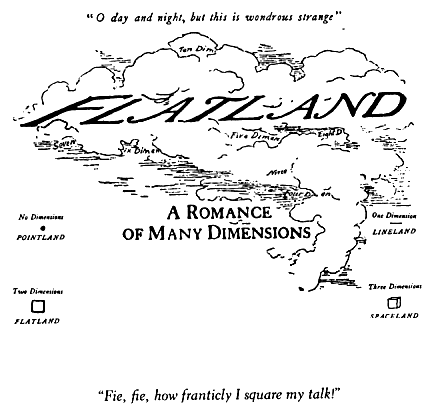 |
| Looking Backward (Future History) | Bellamy | 1888 |
| Time Machine (First Time Travel) | Archiled | 1895 |
| Ralph 124C41+ (Mechanical Man) | Gernsback | 1911 |
| R.U.R. (Origin of Robot) | Capek | 1921 |
|
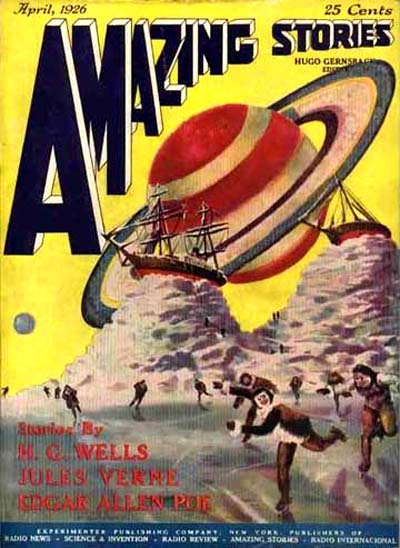 |
|
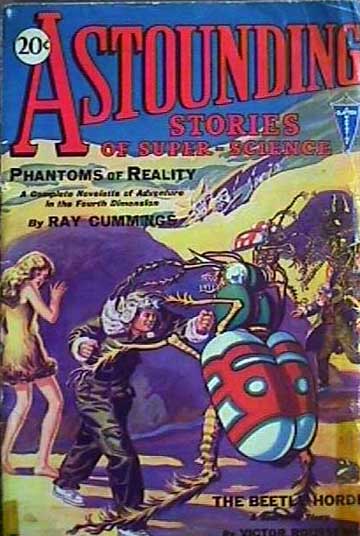 |
| Last & First Men | Stapledon | 1930 |
|
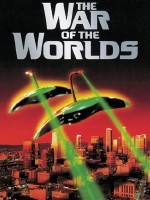 |
|
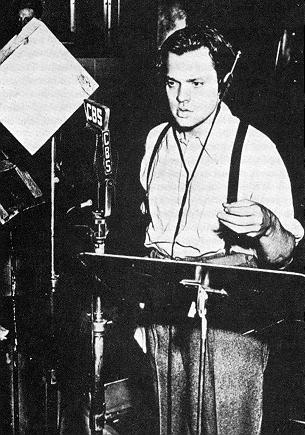 |
| Brave New World(Dystopia) | Huxley | 1932 |
| Reason(First "Modern" Robot Story) | Asimov | 1941 |
| 1984 | Orwell | 1948 |
| Day of Triffids | Wyndham | 1952 |
| Fahrenheit 451 | Bradbury | 1953 |
| Space Merchants | Kornbluth | 1953 |
| Death of Grass | Christopher | 1955 |
| Childhood's End | Clarke | 1955 |
| Deathworld | Harrison | 1958 |
| Starship Troopers | Heinlein | 1959 |
| Stranger in a Strange Land | Heinlein | 1961 |
| Clockwork Orange | Burgess | 1962 |
| City of Illusions | LeGuin | 1965 |
| Left Hand of Darkness | LeGuin | 1969 |
| Barefoot in the Head | Aldiss | 1969 |
| Crystal World | Ballard | 1966 |
| Hichhiker's Guide to the Galaxy | Adams | 1980 |
| Eon | Greg Bear | ~1985 |
| Frameshift | Robert Sawyer | ~1993 |
| Flashforward | Robert Sawyer | ~1998 |
|
Technology in GeneralHugo Gernsback: Ralph 124C41+: 1911
|
While Verne's characters frequently were stiff, Gernsback's characters have less dimension than the pages the novel is printed on. What characterization does occur is laughable, as is Gernsback's take on society. His world of the twenty-seventh century seems particularly naive, with a nebulous world government (which seems to have done away with actual surnames). ..... The best thing that can be said for Gernsback's writing style is that he was in desperate need of an editor and an English grammar. His prose is repetitive and basic. Steven H Silver